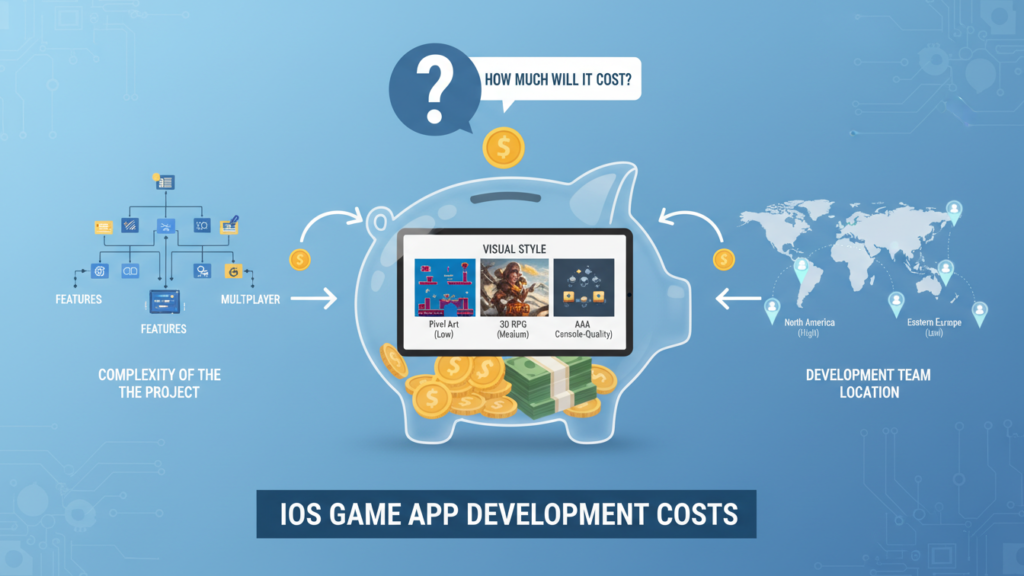Android app development has been booming in India for years now, and it shows no signs of slowing down anytime soon. With over 30% of the global smartphone market share, Android is the undisputed leader in mobile operating systems. This has made it an attractive platform for developers to showcase their creativity and innovate in the app ecosystem.
Current Trends
One of the most significant trends in Android app development is the move towards more sophisticated user interfaces (UIs). With the increasing popularity of foldable and curved screens, developers are exploring new ways to create visually appealing and intuitive UIs that can adapt to different screen sizes and shapes. This trend is particularly evident in the gaming and e-commerce sectors, where a seamless and immersive user experience is crucial for success.

Another trend is the integration of artificial intelligence (AI) and machine learning (ML) technologies into Android apps. With the rise of voice assistants like Siri and Alexa, developers are incorporating natural language processing (NLP) and speech recognition capabilities into their apps to create more interactive and personalized user experiences. This includes virtual assistants, chatbots, and voice-activated games.
Challenges
While the Android app development industry in India is growing rapidly, it also faces several challenges that developers must overcome to succeed. One of the most significant challenges is the fragmentation of the Android platform itself. With over 2.5 billion active Android devices worldwide, there are countless variations of the operating system, making it challenging to create apps that work seamlessly across all devices and screen sizes.
Another challenge is the lack of standardization in app development. Unlike iOS, which has a strict set of guidelines and best practices for app development, Android is more open-source, allowing developers to use different programming languages, frameworks, and tools to build their apps. This can make it difficult for developers to create high-quality apps that are consistent with industry standards and user expectations.
Opportunities
Despite these challenges, there are numerous opportunities for developers in the Android app development industry in India. The country has a large and growing population of smartphone users, providing ample potential for app growth and expansion. Additionally, India’s vibrant startup ecosystem is attracting more foreign investment, creating new opportunities for entrepreneurs and developers alike.
One example of this is the rise of mobile wallets in India. With the government’s push towards digital payments and e-commerce, mobile wallets like Paytm and Ola Money have become increasingly popular among Indian consumers. This has created a wealth of opportunity for developers to create new features and functionalities that can improve the user experience and drive adoption.
Case Studies
One of the most successful Android app development companies in India is Ola, which was acquired by Uber in 2016 for $5.5 billion. The ride-hailing app has been a game-changer in the Indian transportation industry, making it easier and more convenient for consumers to get around.
Another example is Byju’s, an educational app that has become one of the most popular apps in India’s app store. With over 100 million downloads and a valuation of $16 billion, Byju’s has revolutionized the way Indian students learn by providing interactive and engaging educational content.
Personal Experiences
As an Android app developer myself, I have had the opportunity to work on several projects that showcase the potential of the platform. One of my favorite projects was a fitness app that used AI and ML algorithms to create personalized workout plans for users based on their fitness levels and goals. The app was well-received by users and received positive reviews from both critics and the media.
Summary
The Android app development industry in India is growing rapidly, offering developers numerous opportunities to showcase their creativity and innovate in the app ecosystem. While there are challenges that must be overcome, such as fragmentation and lack of standardization, the potential rewards for successful developers are immense.



